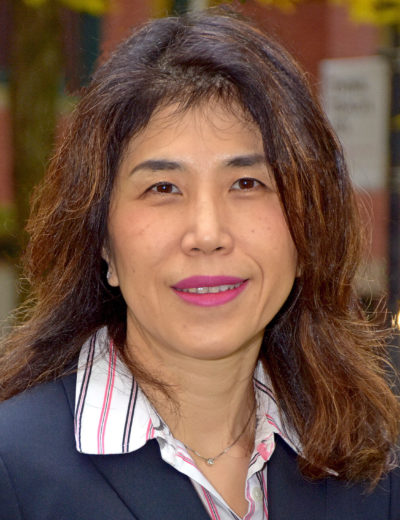Alzheimer’s disease (AD) is the most common form of senile dementia without effective treatments after a countless number of clinical trials for many decades. Previous efforts to understand the mechanisms of the development of the pathology in AD revealed that innate immune cells called microglia play a critical role in spreading pathological protein in AD patients’ brains. Since microglia also are known to clean up the debris in the brain, simply wiping out microglia in AD patients’ brains may not work as therapeutics, and it is critically important to precisely modulate their functional phenotype so they can work properly even in neurodegenerative conditions. We have recently identified that a specific target molecule, TSG101, in microglia may accelerate the inflammatory condition and bring unwanted effects, such as removing synapses or spreading pathological protein, in a tauopathy mouse model. Our exciting preliminary data showed that molecular manipulation to ablate microglial TSG101 in tauopathy mice reduced neuroinflammation, and improved cognitive function and tau pathology. Moreover, a detailed investigation of mouse brain tissues using RNA sequencing analysis revealed that ablation of TSG101 in microglia in tauopathy mice changed microglial phenotype, shifting toward more homeostatic and less inflammatory, suggesting that microglia may restore normal functions even in neurodegenerative conditions. In this current proposal, we are aiming to develop therapeutics by delivering antisense-oligonucleotide (ASO) targeting TSG101 specifically to microglia. We will formulate ASO targeting TSG101 with liposomes so that microglia can phagocytose ASO through recognition of liposomes; therefore, TSG101 in microglia will be removed. We also will validate the data obtained from the ASO experiment using a virus to knock down TSG101 in microglia. If we achieve this goal, the results obtained from this study will be a basis of clinical application of ASO-targeting microglial molecules and significantly advance the AD therapeutic field.



